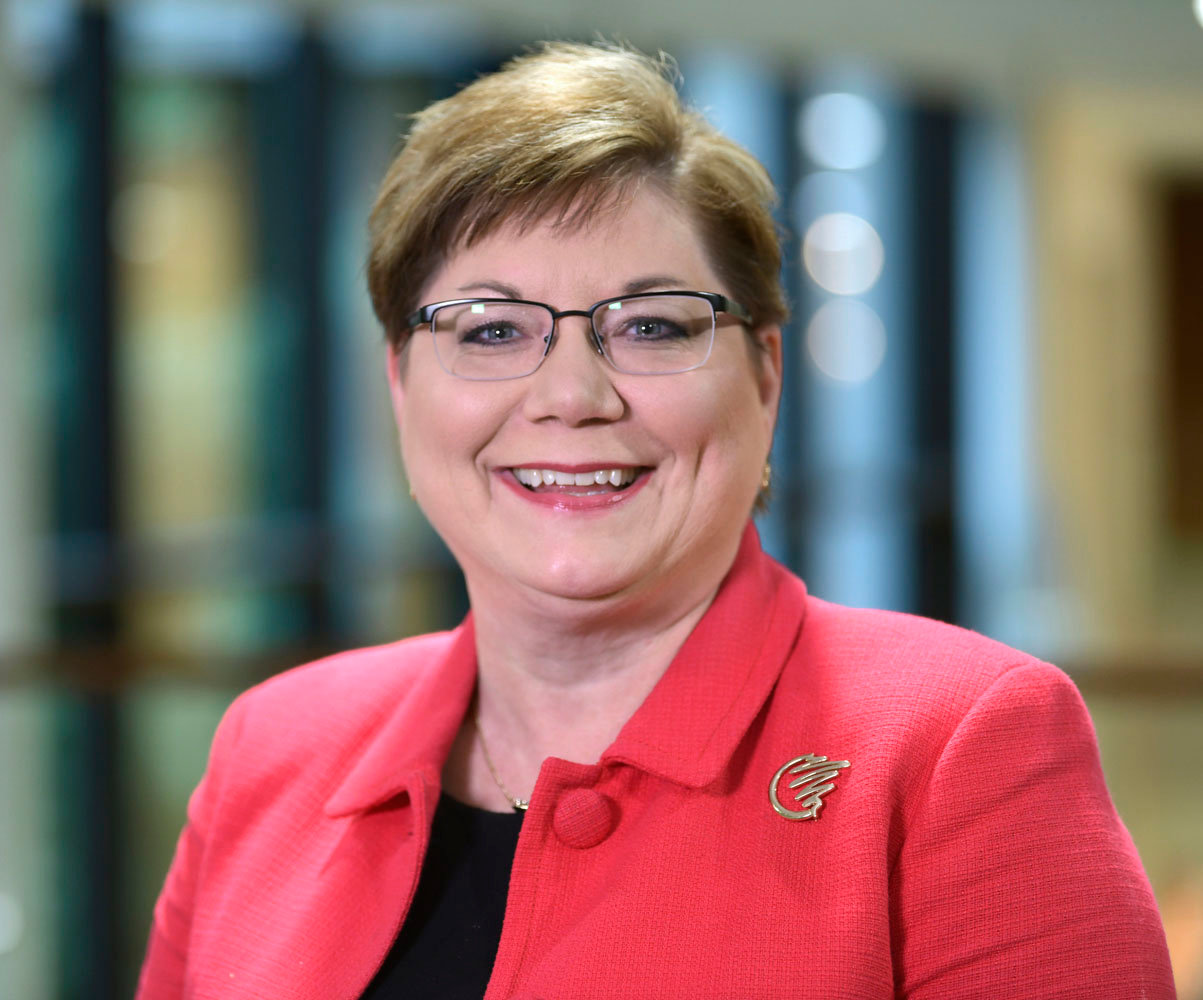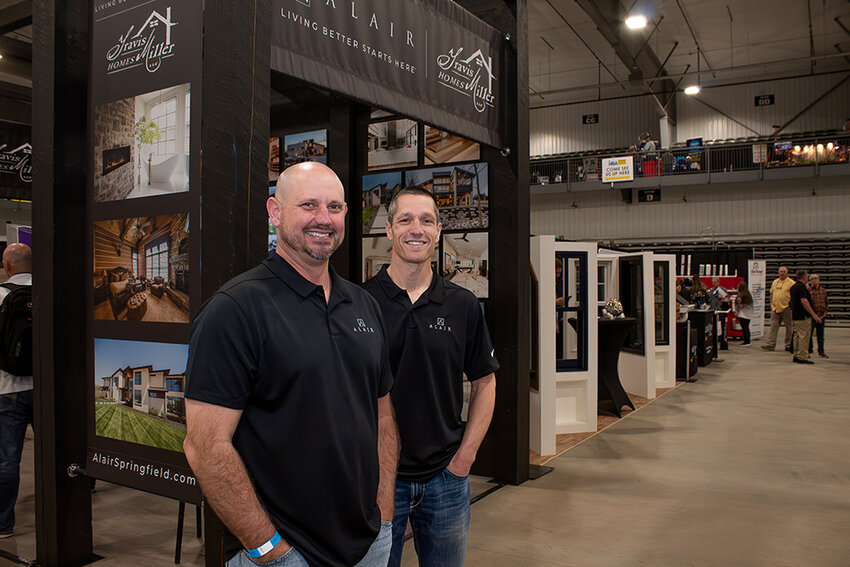YOUR BUSINESS AUTHORITY
Springfield, MO
YOUR BUSINESS AUTHORITY
Springfield, MO

Vicky Good, chief quality officer and registered nurse with Mercy Central Region, says social distancing is key to lessening the impact of the new coronavirus.
Explain the concept behind social distancing as it relates to the COVID-19 virus?
The concept of social distancing really goes back to years of research of looking at past pandemics. When you don't do the social distancing, the disease spreads very quickly and very acutely. We're going to have a big bolus of patients who become acutely ill in a very short amount of time. And your health system can't really support that. That's one reason why you're seeing all these implications to the Italian health system and they wound up having a bunch of people get sick really, really quickly. We don't have a ton of disease yet, but if we can put these social distancing suggestions in place, then what that will do is help the disease spread more slowly.
What are the symptoms of this virus and how does it spread?
Overall we see it's spread by droplets, meaning that when people cough or sneeze, similar to how an influenza or flu virus is spread. It is not known at this time how long the virus lives out of the body. As you are around other people who are touching surfaces, if you pick up that virus and you touch your face, that's the most likely mechanism of you getting this virus. Hand hygiene is the No. 1 thing you can do, and social distancing, to prevent this virus.
Other countries and even other states are further along in their respective timelines as it relates to COVID-19 outbreaks. Can you speak to the urgency behind social distancing and closing business operations?
A lot of the public feels like we're overreacting to this situation and you know, only time will tell. If we don't act, people are going to say, "Why didn't you do something?" If we do act quickly, then people are going to say we're overreacting. The difference is what we've learned from Washington state, from New York and then from the foreign countries that had the worst disease prevalence is that the quicker you intervene in the life cycle, the better off you're going to be and the less spread. The things that we've done that aren't popular, if you will, the state Department of Health asking everybody to stop groups convening together, that helps stop the spread. If you've got somebody that is ill, they have to stay home. I think a lot of times people are guilt ridden into coming to work. We've got to keep people home. The minute they start showing symptoms, that's when disease spreads. The restriction on visitors to the hospital, I know that that is a very tough thing for families. We have to really protect our patients, and quite frankly, we've also got to protect our health care workers.
Are you canceling elective surgeries or routine care visits?
Every patient is screened prior to any visit. They are asked where they've had any recent travel. We also assessed whether or not they have a fever. If they're presenting for an elective procedure, then a discussion is held with them as far as whether or not to go on with that procedure.
Is Mercy equipped with enough respirators, ventilators and protective equipment to handle an influx of COVID-19 patients?
We have a robust emergency management program and our emergency management plan program is actually tied to the whole city. The city of Springfield, Cox[Health], ourselves, Jordan Valley [Community Health Center], the Health Department, we all work together on situations to be prepared. We're in daily contact with the emergency management office to look at what is our supply of protective equipment, what is their supply of ventilators across this particular community? Mercy is in a unique position because of our relationship with Mercy as an entire ministry. Right now, we have very adequate supplies to handle what we're dealing with.
Many businesses are shifting to working remotely if their operations allow. Is that the plan for Mercy employees who don't provide patient care?
We are doing that with some of our co-workers. Some of our co-workers that may have a clinical background but currently aren't working in a clinical setting, we're looking at could they serve in a different role right now while we have an increased demand for services. Then those people that are able to perform their function from home, we are starting to look at remote job assignments Our No. 1 goal is that we want to maintain the dignity of all of our co-workers and make sure that we're meeting their needs.
Excerpts from a March 17 interview by Features Editor Christine Temple, ctemple@sbj.net.
Alair Springfield is first Missouri franchise for Canada-based company.

